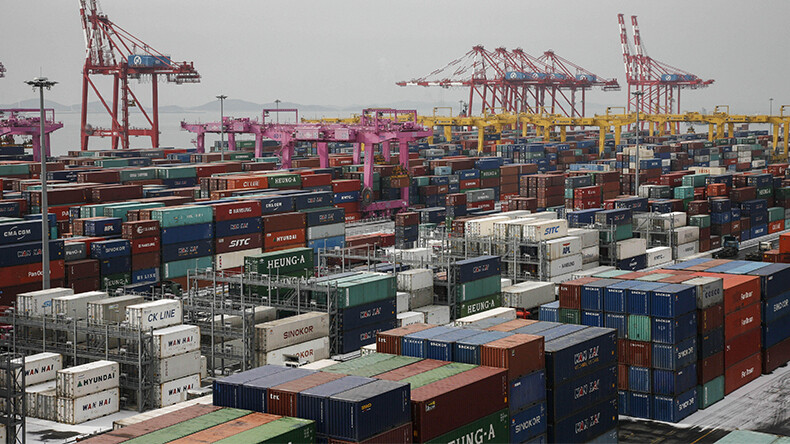
Incheon Port has garnered recognition for its remarkable growth over the past five years, outperforming other major domestic ports. This expansion is attributed to strategic infrastructure investments and the establishment of new shipping routes.
According to Song Sang-hwa, Dean of the Graduate School of Logistics at Incheon National University, Incheon Port strategically invested in infrastructure and introduced new routes centered on key cargo between 2019 and 2024. Speaking at the 'Incheon Port Status and Future Development Strategy Seminar' held by the Korea Chamber of Commerce and Industry on April 25th, Dean Song highlighted the port's differentiated marketing achievements.
Dean Song noted that despite persistent uncertainties in the global supply chain, including the war in Ukraine and instability in the Middle East, Incheon Port has expanded its service network to 67 routes, encompassing Southeast Asia. This expansion has contributed to the port achieving over 3 million TEUs (twenty-foot equivalent units) in container volume for seven consecutive years.
Furthermore, he elaborated on key developments within the port, stating, "We designated a specialized e-commerce zone within the Incheon Port Ah-am Logistics Complex 2 and completed the selection of an operator for a smart joint logistics center. Additionally, the nation's largest cruise terminal and a new international passenger pier and terminal have been opened."
Dean Song also pointed out the port's significant regional cargo distribution, with Northeast Asia and Southeast Asia accounting for approximately 94% of Incheon Port's total cargo volume by country. He emphasized the port's superior growth rate, stating, "Over the past five years, Incheon Port's cargo volume growth rate was 15.3%, surpassing the 9.6% growth rate of the top four national ports."
The seminar, held ahead of the 20th anniversary of the Incheon Port Authority's establishment in July, also featured expert insights on the future strategy of Incheon Port under the theme of 'Challenges and Development Directions for Incheon Port's Logistics System in the Age of Artificial Intelligence (AI)'.
Jung Tae-won, a professor at Sungkyul University, stressed the need for infrastructure development to further activate Incheon Port as an e-commerce hub. He advised, "Given the significant proportion of small and medium-sized enterprises in e-commerce, it is necessary to construct logistics infrastructure such as overseas joint logistics centers."
Professor Jung also emphasized the importance of expanding ferry routes, including those involving Incheon Port, to meet the demand for short-distance maritime transport between Korea, China, and Japan. He further suggested, "To reduce logistics costs, we need to shift short-haul air cargo to sea freight and secure a multimodal transport network."
The recent evaluation underscores Incheon Port's proactive approach to infrastructure development, route expansion, and strategic marketing, positioning it as a leading port in South Korea with continued growth potential in the evolving global logistics landscape. The insights shared at the seminar provide valuable guidance for the port's future development in the era of AI and increasing e-commerce demands.
[Copyright (c) Global Economic Times. All Rights Reserved.]






























